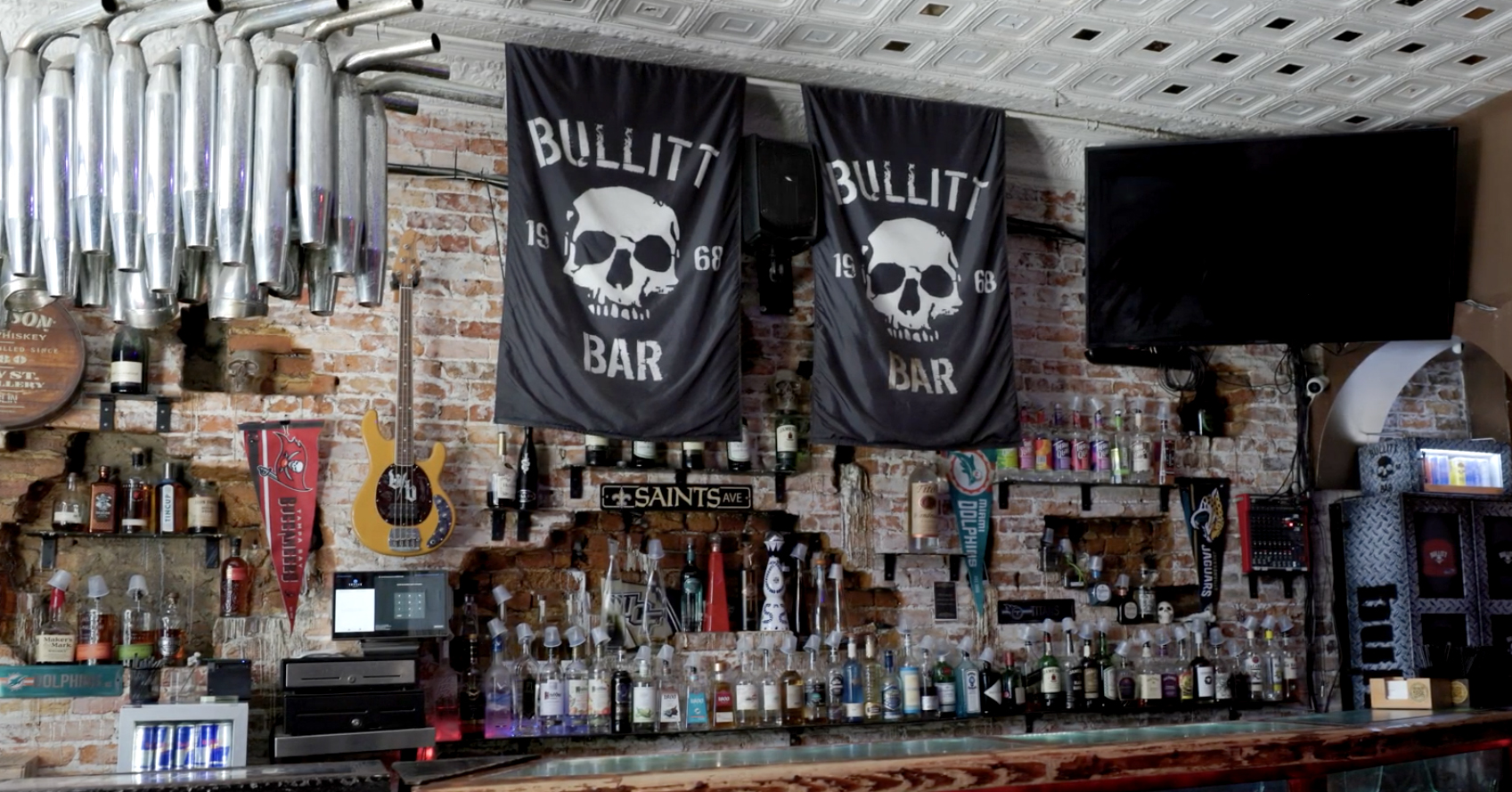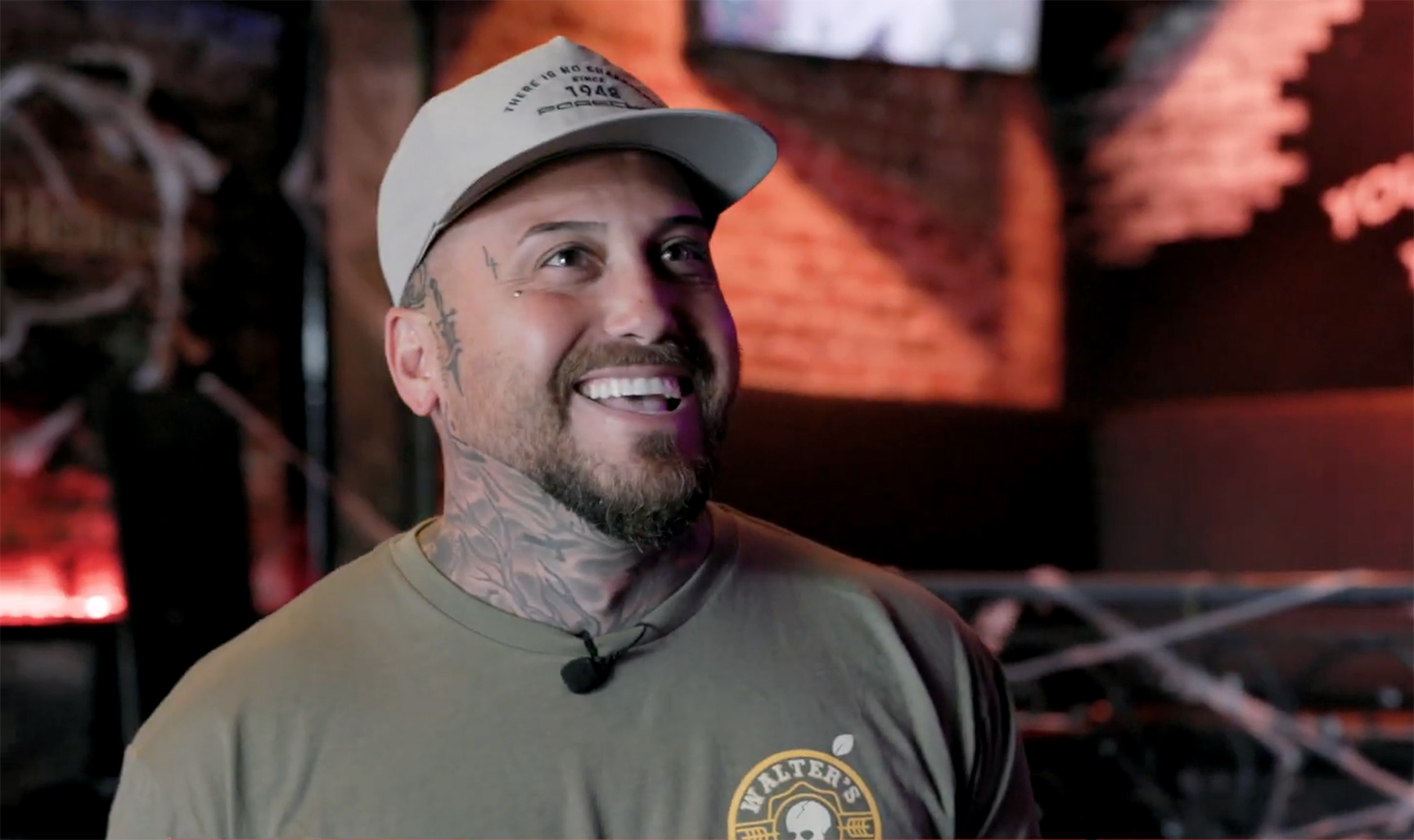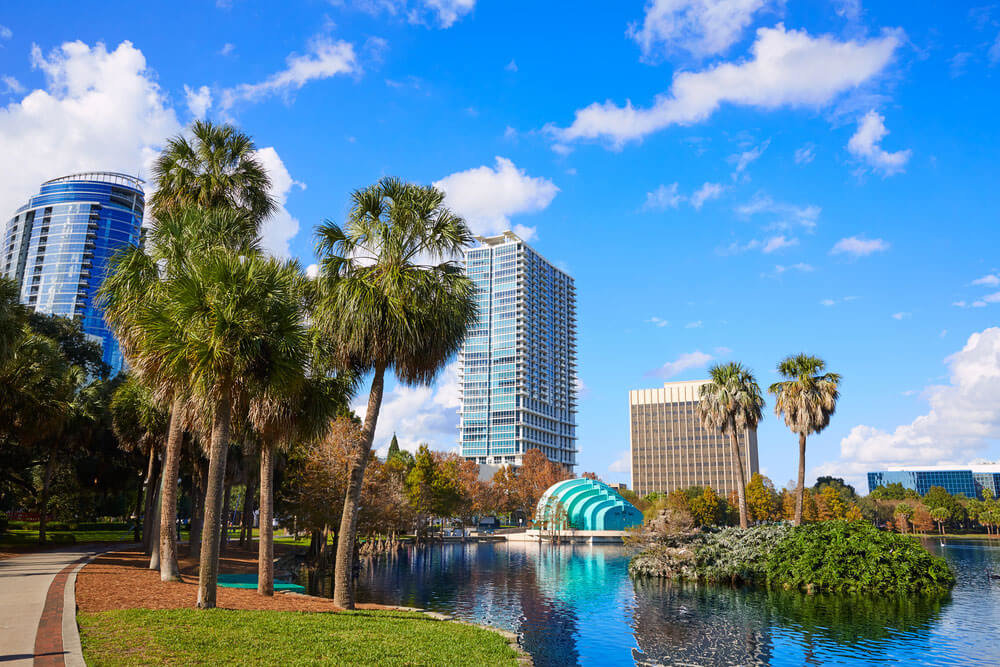By Jim Carchidi and Ken Pozek
Matteo Terrasi, aka Matty Bullitt, has spent more than 20 years creating some of downtown Orlando’s most popular bar and club concepts. His career began during a high point in the city's nightlife scene that he hopes can return. Terrasi spoke with The Orlando Real’s Ken Pozek about the current downtown business climate that he sees as, “a challenge, to say the least.”
Grand openings

 Bullitt Bar and Sessions are two of Matteo Terrasi's downtown Orlando venues. He is among the owners affected by the restrictions and additional fees placed on the nighttime entertainment business. Photos courtesy of Bullitt Bar and Sessions
Bullitt Bar and Sessions are two of Matteo Terrasi's downtown Orlando venues. He is among the owners affected by the restrictions and additional fees placed on the nighttime entertainment business. Photos courtesy of Bullitt Bar and Sessions
Terrasi started working at downtown nightclubs in the early 2000’s. He became an owner in 2008 with Bullitt Bar, then opened McQueens Social Lounge, and Crow & Co. (remodeled and reopened as Sessions in 2024). The Basement, Treehouse, The Attic, and Papi Smash’d Burger round out the list. He watched as vacancies increased and perceptions changed throughout the central business district. "It went from a vibrant area to somewhere no one wants to go anymore."
While his venues continue to draw business, they also incur steep costs resulting from the After-Midnight Alcohol Sales Permit.
Facing challenges
Approved by the city to address crime and safety concerns by limiting late-night alcohol sales, the permits cost $250 per year and require venues to employ security measures that can include ID scanners, metal detectors, and off-duty police officers. The ordinance has been a point of contention in the downtown business community with two bars, HighT and 1Up, closing in April, 2025, due in part to the added security expenses. According to Terrasi, the costs beyond the initial permit fee add up to about $1,000 per club, per week.
 Terrasi speaks with Ken Pozek at McQueens Social Lounge.
Terrasi speaks with Ken Pozek at McQueens Social Lounge.
The permit is one of several measures that have impacted downtown club and bar owners. A moratorium on new nightclubs ran from March 2023 through September 2024. And City Council in 2024 passed an ordinance requiring a 300-foot distance between new and expanding nightclubs in the downtown area. While Terrasi agrees that security measures are necessary, he disagrees with the implication that the problems and solutions must all be club-related. He cites the fallout from the 2024 Halloween shooting – which left two people dead, seven shot, and one trampled in a crowd of about 75,000 people – as an example. A one-week curfew and ban on after-midnight alcohol sales was imposed after the tragedy.
“The way the city announced it to the public made it seem like a nightclub issue,” Terrasi said. “The person who shot those people was 17 years old, he couldn’t even get into an 18-and-up club.”
Searching for solutions
Terrasi says the most common safety issues stem from loitering and large crowds of underaged kids. He believes real change won’t happen without a street side police presence that has diminished as more officers patrol in vehicles rather than on foot.
“Cite for everything: jaywalking, open containers,” he said. “Make it uncomfortable to just hang out downtown. If a bunch of kids are in the mall hanging out, drinking on a bench, security comes - they call police.”
The Orlando Real reached out to the city for comment. Interim District 5 Commissioner Shan Rose said Orlando Police Department holds quarterly meetings with business owners that can be scheduled more frequently. However, she points out that adding more street side officers can create other issues.
“Police presence can also raise concerns about over-policing or equity in enforcement,” she said. “The city should work with all stakeholders – businesses, residents, and law enforcement – to find a solution that promotes safety without creating tension.”
She has previously stated her support for enhancing downtown nightlife and believes in a diverse business community that encourages restaurants, retail, late-night food options, and cultural venues that can increase foot traffic at all hours.
“When people feel the environment is welcoming, rather than risky or heavily policed, they are more likely to participate,” she added.
Terrasi remains passionate about reviving the downtown image and plans to follow up with neighboring businesses and police. His advice to up-and-coming club owners is a mix of defiance and dedication. "Believe in yourself," he said. "If you believe in your product and you feel passionate about it, the rest will come."
Ken’s full interviews with Terrasi and Rose can be found on The Orlando Real YouTube page.
The Orlando Real is sponsored by the Pozek Group. If you’re thinking of buying or selling a home in Orlando, reach out and we would love to help!
Posted by The Orlando Real on




Leave A Comment